Courses Infomation
2016 Psychopharmacology Conference from Caroline B Williams
 2016 Psychopharmacology Conference from Caroline B Williams
2016 Psychopharmacology Conference from Caroline B Williams
Faculty:Caroline B Williams
Duration:12 Hours 07 Minutes | Format:Audio and Video
Archive : 2016 Psychopharmacology Conference from Caroline B Williams
Find out how and why mental health drugs function today.
Recognize which drugs are most effective in treating specific diseases based on available research.
Enhance the clinical outcomes and responsiveness of your patients to drugs
Educate your clients on how to identify adverse affects and deal with them
Learn about current prescription practices, including the effects of the DSM-5®.
Recognize the most recent debates in the industry.
Learn about the most recent developments in psychopharmacology and the most recent trends in drug management over the course of two action-packed days. Caroline deliberately teaches psychopharmacology with an emphasis on the client’s experience from her unique viewpoint as a prescribing clinical psychologist. The precision and depth of Caroline’s presentation demonstrate the breadth of her 17 years of expertise in mental health and her dedication to her clients.
Clients frequently only have a little time with their prescriber and need extra help. You must be able to respond to their inquiries, support the management of side effects, and comprehend medication interactions. This course gives you the knowledge you need to treat your clients the most effectively. It is intended for counselors, nurses, psychotherapists, psychologists, and other mental health professionals.
Examining underserved topics including ADHD, chronic pain, eating, sleeping, and drug addiction issues is given emphasis during this meeting. Specialized recommendations for geriatrics and expectant or nursing mothers to take home. Talk about how the DSM-5® could affect prescription practices and the usage of psychotropic medications for newly established disorders. You will study case studies, discuss prescription disputes, and get the “inside scoop” on recently launched medications in addition to a comprehensive “nuts and bolts” overview of medications. Caroline becomes a great instructor because of her captivating demeanor. She illustrates complicated neurological and psychological issues with analogies from ordinary life. Her engaging, practical teaching style produces an accessible manual for healthcare professionals.
You may utilize the takeaways from her talk to educate your clients about mental illness and how drugs operate. Learn more about psychopharmacology as you brush up on Caroline’s expertise. Attendees frequently laud her as a “wonderful presenter and teacher” and a “very knowledgable presenter who was highly interactive with the audience.”
Day One Schedule
PSYCHOPHARMACOLOGY
alternative methods of therapy
principles of drug metabolism
What is known about drug modes of action and what is unknown
Power of placebo effects and how to make them work for your client
Tips for boosting client interest and involvement when to recommend for medicine
Creating partnerships with prescribers
medication’s effects on the brain
Recognize how decisions are made when selecting a certain drug.
DESPERATE ILLNESSES
Depression’s neurochemistry
Who should be treated when in the debate over antidepressants and placebos?
Antidepressant types: advantages and disadvantages of various medications
dealing with adverse effects
Treatment Combinations of resistant depression and medications
CONDITIONS OF ANXIETY & OBSESSIVE TRAUMA RELATED DISORDERS & COMPULSIVE DISORDERS
The nervous system and anxiety
Panic disorder, phobias, and GAD
OCD\sPTSD
Physiological remedies
medicine to treat anxiety
Antidepressants
Numerous more choices are frequently overlooked
Benzodiazepines: dangers and advantages
How to spot unhelpful prescription and use habits
Getting off of benzodiazepines: essential advice
dealing with adverse effects
COMPLEX DISORDERS
neurological makeup and signs
The Bipolar Spectrum idea and DSM-5® revisions
the many kinds of mood stabilizers, when to take them, and any potential side effects
Lithium\sAnticonvulsants
uncommon antipsychotics
enhancing substances
Effective methods for enhancing client results
Effectively using blood levels: What the doctor might not be looking for
MENTAL ILLNESS/SCHIZOPHRENIA
Psychosis and schizophrenia neurochemistry
First-generation antipsychotic medications (typical)
generation two (atypical)
dealing with adverse effects
TD with extrapyramidal symptoms
What blood tests are required for metabolic issues and when?
preventing type 2 diabetes
Understanding hyperprolactinemia and why it’s important to know
DAY TWO SUMMARY
DISORDERS OF ATTTENTION
several diagnoses
ADHD’s neurochemistry
controversy surrounding the use of stimulants to treat ADHD
Addiction to drugs and ADHD
stimulating drugs
alternatives without stimulants
dealing with adverse effects
SPATIAL DISORDERS
several diagnoses
Egg or chicken? Which first appeared, sleep issues or mental illness?
controversy surrounding the use of hypnotics to address sleep issues
Biological basis for sleep issues
Non-pharmaceutical sleep aids
hypnotic drugs: dangers and advantages
substitutes for hypnotics
identifying harmful effects
DISORDERS IN SUBSTANCE USE
The neurochemistry of habit formation and addiction
abuse substances and how they interact with psychiatric drugs
Caffeine
Nicotine
Marijuana (debate of medical marijuana, cost vs. benefit) (discussion of medical marijuana, cost vs. benefit)
Others
When should a client with a dual diagnosis get a prescription?
Addiction medication therapies
Alcohol
Nicotine
Cannabis\sOpiates
investigation of the Suboxone stimulant debate
Psychological addictions
EATING IllNESSES
bulimia, binge eating disorder, and anorexia
weight increase caused by psychoactive drugs
MANAGEMENT OF COMORBID CHRONIC PAIN IN CLIENTS
Neurochemical implications: When to act and when psychopharmacology can be of assistance
POPULATIONS SPECIAL: GERIATRIC
specific recommendations for consumers that are elderly
talk about dementia therapy
The antipsychotic debate
Women are a special population.
Menstruation’s hormonal effects on mood disorders
Choosing between nursing and pregnancy
Materials for you and your clients
The potentially harmful, worrying, and beneficial alternatives for psychopharmacology
Current research on menopause and its agents
Genetic testing and other new trends?
FIRST DAY OBJECTIVES
Describe the mechanism of action of the medicine.
Describe the individual patient features and the process for selecting drugs for mood disorders.
Explain the functions, potential treatments, and negative consequences of antidepressants.
Determine and remove obstacles that prevent your customers from taking their medicine successfully.
Provide choices to clients who have mood problems that are resistant to therapy.
Describe the therapeutic applications, adverse effects, and activities of antipsychotic drugs.
Give examples of how complementary and alternative medicines are used to treat mental diseases.
DOUBLE DAY OBJECTIVES
Examine the many ADHD drug therapy choices.
Define the treatment of sleep problems using medicine.
Determine which drugs are beneficial against eating disorders.
List available drug alternatives for treating substance use disorders, and talk about how to successfully use medication-assisted therapies in a comprehensive care plan.
Describe the relationship between the hormone levels of men and women and their mental health.
Identify the special drug concerns for geriatric patients.
Salepage : 2016 Psychopharmacology Conference from Caroline B Williams
About Author
<author content>

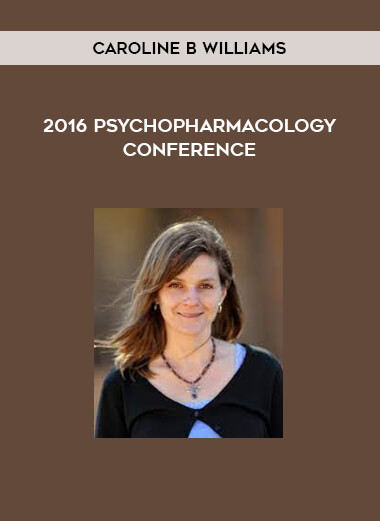
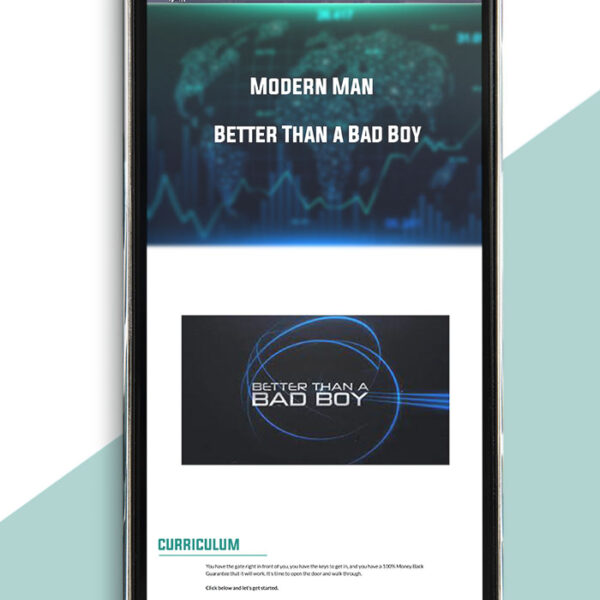

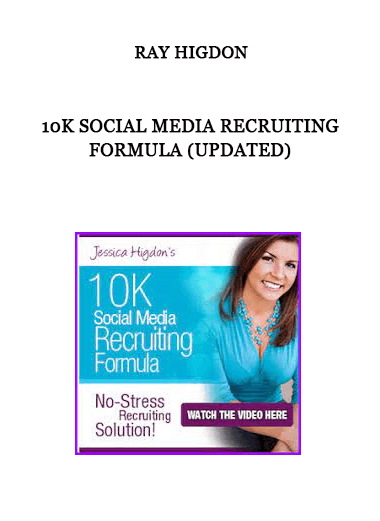
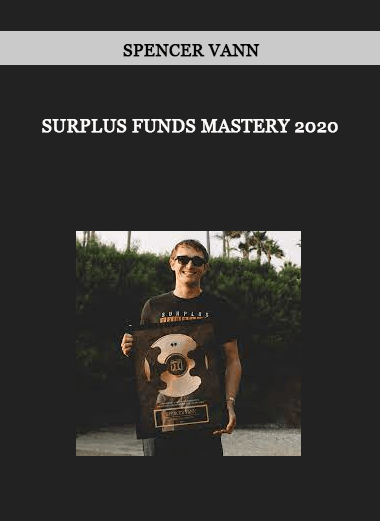
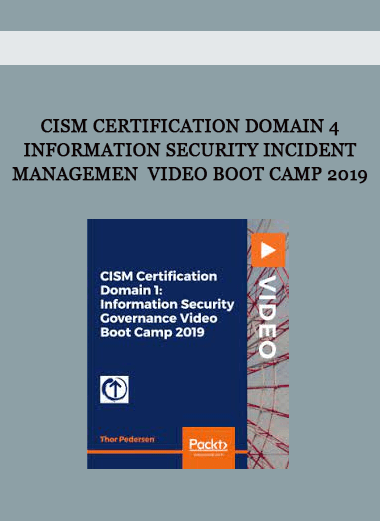

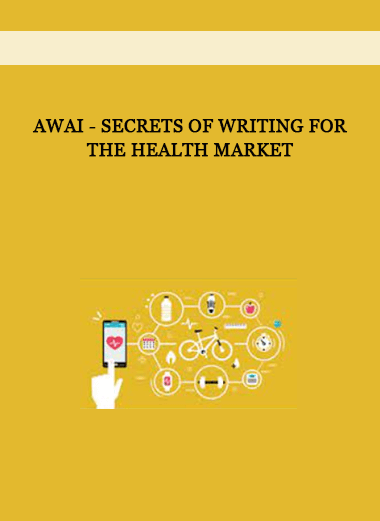

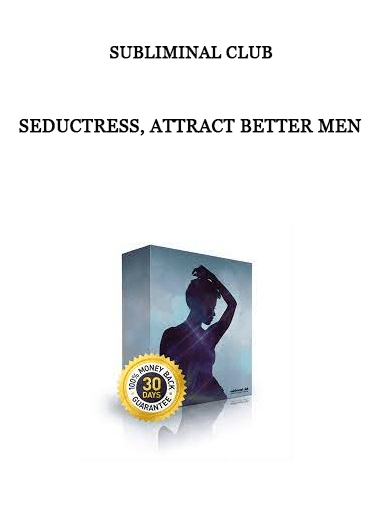
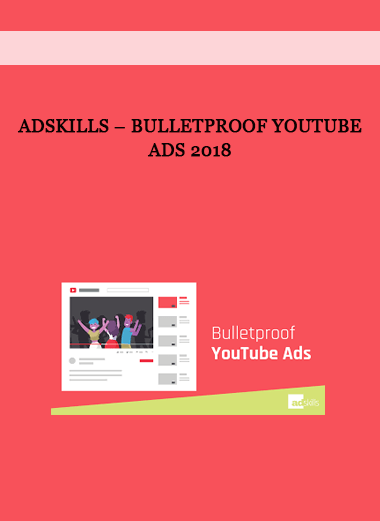



















Reviews
There are no reviews yet.